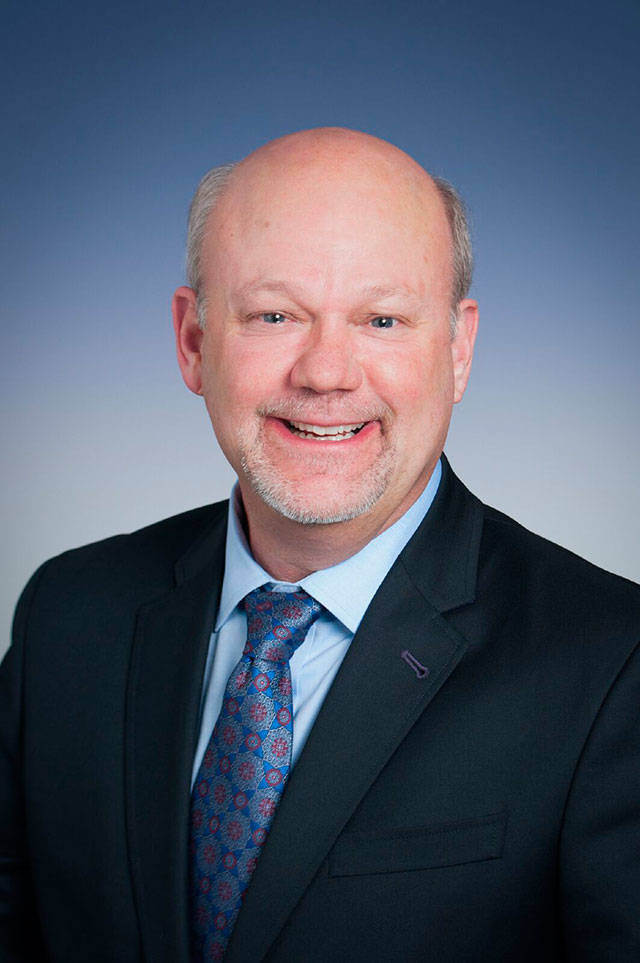As a regular reader of The Beachcomber, I wanted to provide an update to the Vashon-Maury Island community on our current situation at Neighborcare Health’s Vashon clinic and present a call to action for the future.
This September will mark the second year since we opened our primary medical clinic in response to the legislators and community members after CHI Franciscan ended its operations.
We also opened a school-based health center on Vashon in fall 2017, made possible by King County’s Best Starts for Kids funding which is exclusive to this purpose. As of the end of this school year, the team served one-third of students in the Vashon Island School District, a clear signal these offerings are timely and important.
Coming here aligned with our mission to serve those facing barriers to care, but we knew even before opening the clinic doors on Sunrise Ridge that creating a sustainable primary care clinic on the island would be a challenge. Other providers before us demonstrated this, both larger health care systems and private practices. We were transparent about that challenge. Individual islanders and Granny’s Attic generously supported the first two years of operations by donating approximately $600,000. We are very thankful for that support. The community also rallied people to use the clinic, to build a patient base for a stable practice.
Since opening, we have cared for more than 5,000 patients, roughly half the population. In that time we have also worked hard to reach a sustainable model, to ensure long-term primary care on Vashon. To date, however, the cost of operating the clinic far exceeds what the clinic earns. As is true for any organization that cannot continue indefinitely.
Each of our 27 clinics has to reach a balanced budget using sources available. And each clinic faces unique challenges. One challenge for the Vashon clinic is geographic isolation, which limits the number of potential patients. A second challenge is that our model of care as a Federally Qualified Health Center is tied to serving a majority of low-income Medicaid patients. On Vashon, only 15 percent of patients are covered by Medicaid, and that is unlikely to change significantly. Demographics on Vashon also limit the use of federal grants. And unlike the City of Seattle, which substantially supports its Federally Qualified Health Centers to care for its residents, there is no such funding mechanism on Vashon.
As an organization we have made structural changes to be efficient, in line with industry standards, namely centralized referral and appointing specialists. These actions were taken to improve quality of these services, and over the long term will significantly help with costs for all Neighborcare Health clinics.
We had to make adjustments at the Vashon clinic, as well. This included changing the mix of medical providers to align with our model of care and actual number of patients served, blending a team of physicians and highly trained nurse practitioners or physician assistants. These changes lower costs significantly.
I know the community must be sensitive to these disruptions, given the recent history of medical providers closing up shop. But the critical takeaway here is that these actions are not a strategy for Neighborcare Health to leave Vashon. They are part of a plan to make it possible to continue to provide care for everyone on Vashon and Maury Islands who seeks and needs that care.
I owe it to the community to be frank. The clinic was projected to lose $750,000 in 2018. After the recent changes we made, we have reduced these losses to approximately $350,000. After nearly two years, and even with these changes, simply opening a clinic has not put an end to the challenge of ensuring sustainable health care here. I believe this community will require a public/private solution in order to achieve that goal. It is also not a solution that Neighborcare Health can devise and direct the island to do. It has to come from the community, be decided by the community, and be executed by the community.
One option that has been suggested is a health care taxing district as a more permanent funding mechanism. With the many complexities and likely some levy fatigue, there is a lot for the community to consider before pursuing this option. Neighborcare Health stands ready as a partner if the island chooses this path.
Another possibility would be for the community to continuously fundraise. Neighborcare Health can support this effort, but it depends on engaged volunteers. This, too, presents challenges in that this level of fundraising is labor intensive and can also meet with some community fatigue.
The challenges we face for reaching sustainability are not new. But Neighborcare Health is committed to continue to work towards solutions for as long as possible. I ask the community to engage in its own conversation about the importance of stable and robust primary care on Vashon, and what steps it is prepared to take to partner in making that a reality.
— Michael Erikson is the CEO ofNeighborcare Health.



